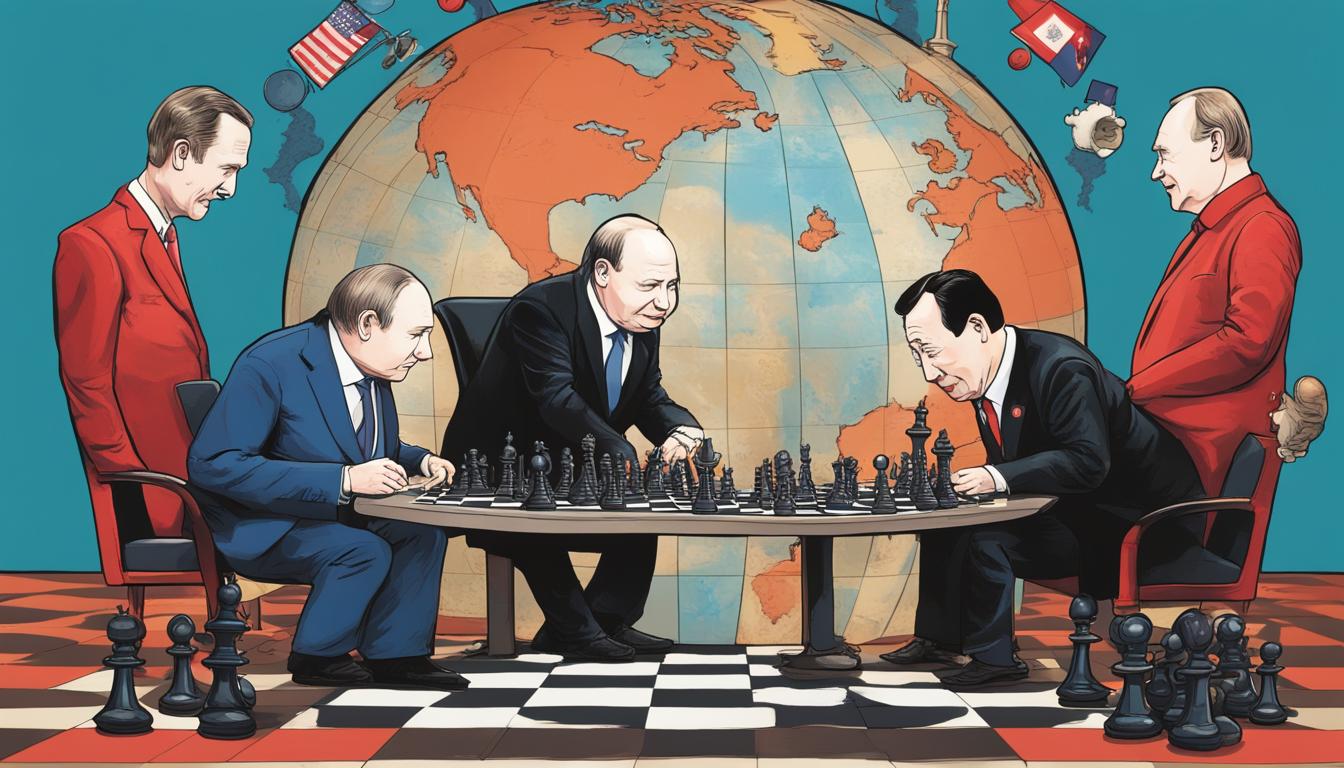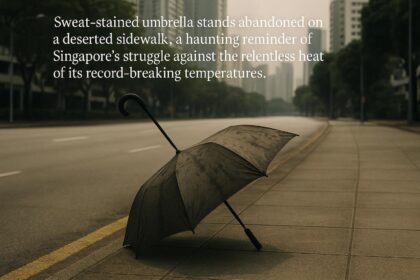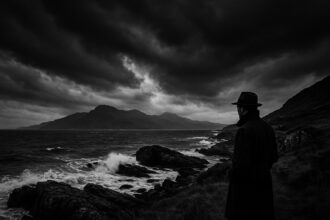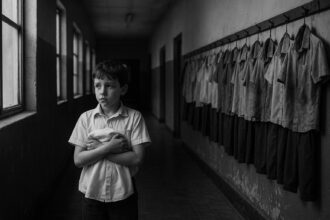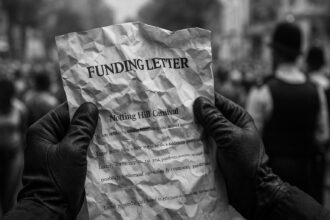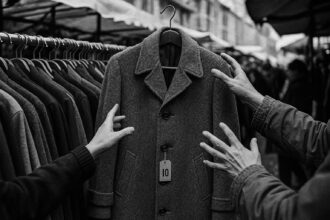Several Western countries, led by the United States and many EU nations, are boycotting Russian President Vladimir Putin’s upcoming inauguration, questioning the election’s legitimacy, amidst increasing geopolitical tensions and discussions of military involvement in Ukraine.
The United States, along with most European Union (EU) countries, are boycotting Russian President Vladimir Putin’s upcoming inauguration, questioning the legitimacy of his election. However, France and some other EU nations intend to send representatives. The US State Department has declared the election neither free nor fair, yet recognizes Putin as Russia’s president. In light of recent geopolitical tensions, Russian officials have reacted sharply to remarks from Western leaders, including threats to strike British military facilities.
Amidst rising tensions, French President Emmanuel Macron has suggested the possibility of deploying French troops to Ukraine, a statement that has further strained relations. Similarly, Russia has responded with threats after UK Foreign Secretary David Cameron supported Ukraine’s right to use British-supplied weapons internally within Russia. This has led to Moscow conducting military exercises involving tactical nuclear weapons.
In parallel diplomatic efforts, President Macron and EU Commission President Ursula von der Leyen have approached China’s leader Xi Jinping, urging him to use his influence to mitigate the ongoing conflict, given China’s neutral yet seemingly supportive stance towards Russia.
On the ground, the conflict has seen significant human costs; Ukrainian Olympic weightlifter Oleksandr Pielieshenko was killed in combat. Meanwhile, a Russian journalist faces legal repercussions over social media posts, and an American soldier has been detained in Russia under allegations of criminal misconduct.
Technology is also playing a role in the conflict, with Poland funding the deployment of 20,000 Starlink internet units in Ukraine to aid military communications, which are vital under the current war conditions imposed by Russia.
This period has seen a marked escalation in hostilities, highlighting the volatile and dynamic nature of international relations involving Russia, Ukraine, and Western nations.


